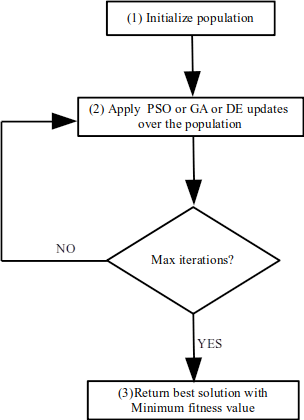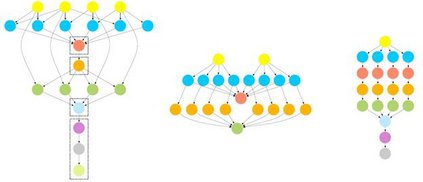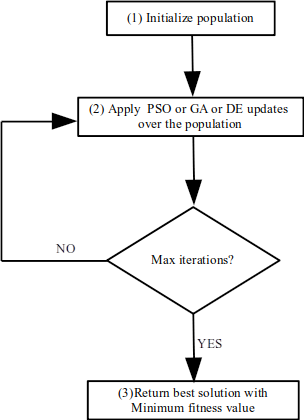This work presents a comparative evaluation of four population-based optimization algorithms for workflow scheduling in cloud-fog environments. These algorithms are as follows: Particle Swarm Optimization (PSO), Genetic Algorithm (GA), Differential Evolution (DE) and GA-PSO. This work also provides the motivational groundwork for the weighted sum objective function for the workflow scheduling problem and develops this function based on three objectives: makespan, cost and energy. The recently proposed FogWorkflowSim is used as the simulation environment with the aforementioned objectives serving performance metrics. Results show that hybrid combination of the GA-PSO algorithm exhibits slightly better than the standard algorithms. Future work will include expansion of the workflows used by increasing the number of tasks as well as adding some more workflows. The addition of some more objectives to the weighted objective function will also be pursued
翻译:这项工作对四种基于人口的优化算法进行了比较评价,用于在云雾环境中安排工作流程。这些算法如下:粒子冲冲冲优化(PSO)、遗传演算(GA)、差异演进(DE)和GA-PSO。这项工作还为工作流程时间安排问题的加权和客观功能提供了动力基础,并根据以下三个目标发展了这一功能:造价、成本和能量。最近提议的FogWork FlowrlowSim被用作模拟环境,与上述目标进行模拟,为业绩指标服务。结果显示,GA-PSO算法的混合组合比标准算法略有改进。未来工作将包括扩大工作流程,增加任务数量,增加一些工作流程。还将在加权目标功能之外增加一些目标。






